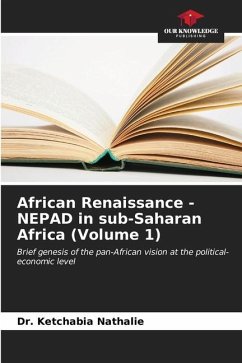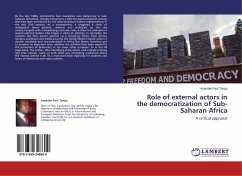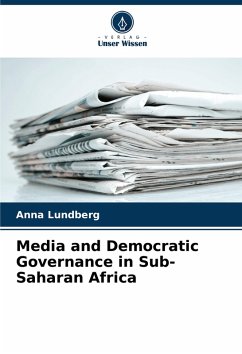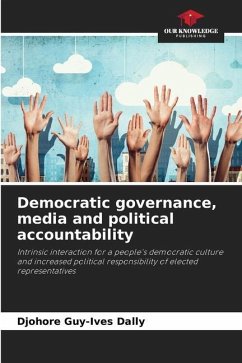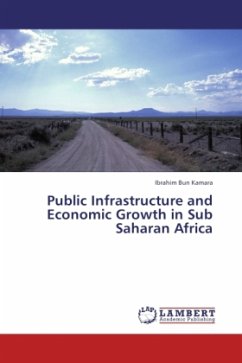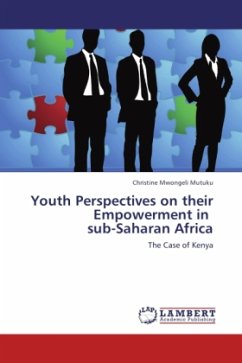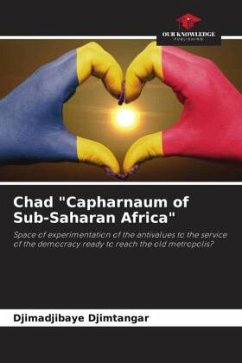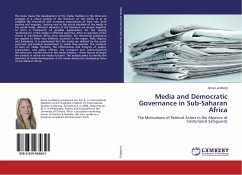
Media and Democratic Governance in Sub-Saharan Africa
The Motivations of Political Actors in the Absence of Institutional Safeguards
Versandkostenfrei!
Versandfertig in 6-10 Tagen
33,99 €
inkl. MwSt.

PAYBACK Punkte
17 °P sammeln!
The book traces the development of the media tradition in the West and engages in a critical analysis of the literature on the media so as to establish the theoretical and normative expectations of their role, both positive and negative. Looking next at the actual situation of the media in the world today, different elements of the literature are drawn together to form a framework of possible explanations for the varying 'performance' of the media in different countries. After an overview of the trends in sub-Saharan Africa since colonialism, the theoretical predictions are applied to three ve...
The book traces the development of the media tradition in the West and engages in a critical analysis of the literature on the media so as to establish the theoretical and normative expectations of their role, both positive and negative. Looking next at the actual situation of the media in the world today, different elements of the literature are drawn together to form a framework of possible explanations for the varying 'performance' of the media in different countries. After an overview of the trends in sub-Saharan Africa since colonialism, the theoretical predictions are applied to three very different countries in the region: Mali, Nigeria, and Zimbabwe. It is emphasised that the media are defined by the social, economic and political environment in which they operate. The existence of laws on media freedom, the effectiveness and integrity of judges, prosecutors, and police officers, the transport and communications infrastructure, market forces in the media industry - these factors all shape the context in which the media function. The analysis seeks to identify the dynamics of media development in the newly democratic developing states of sub-Saharan Africa.



